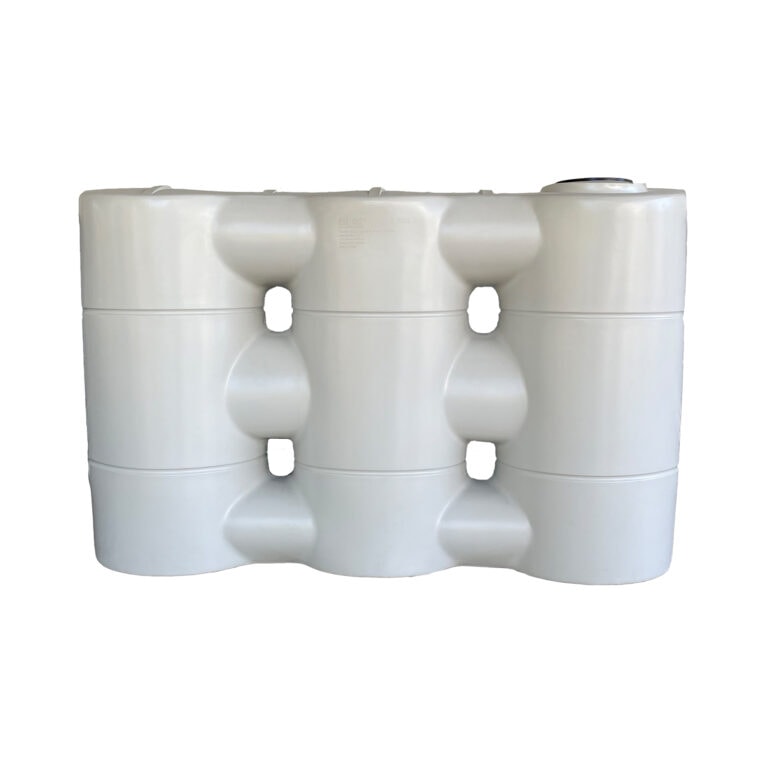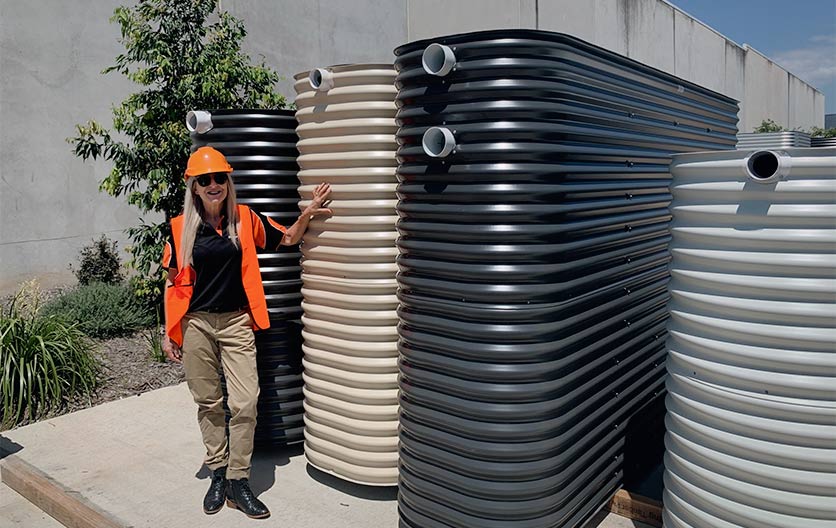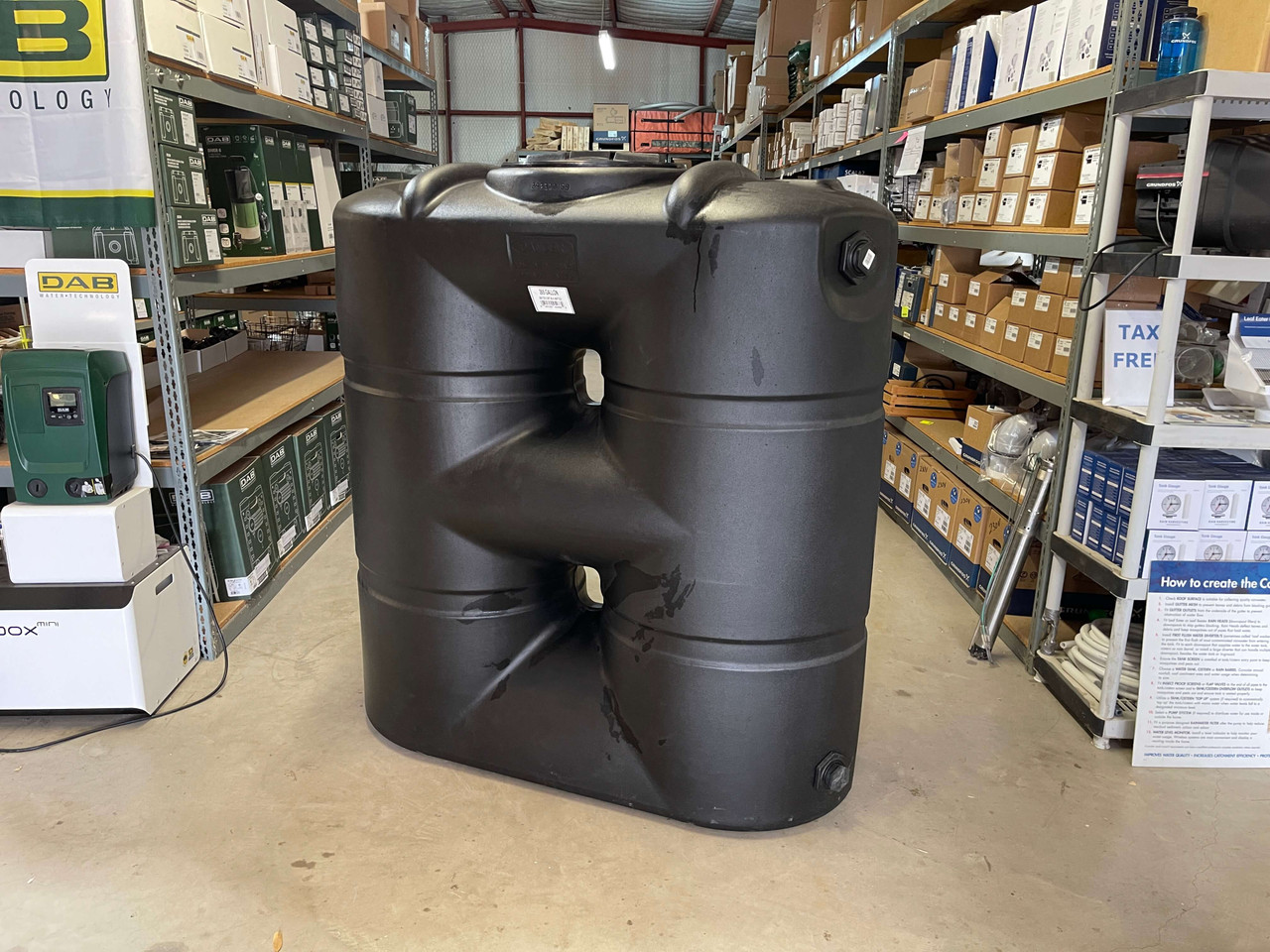Slimline Water Tanks: Space-Saving Solutions for Small Qualities
Slimline Water Tanks: Space-Saving Solutions for Small Qualities
Blog Article
Discovering the Numerous Usages of Rainwater Containers for Residential and Commercial Qualities
As the worldwide concentrate on sustainable living techniques remains to intensify, the usage of rain containers in both domestic and business settings has become a significant service. These tanks supply a reservoir for rain harvesting, offering a myriad of possible applications that prolong far past simple storage. From watering to toilet flushing and landscaping, the convenience of rainwater tanks is huge. Their combination right into commercial residential or commercial properties opens up a realm of opportunities for ecologically aware companies. The multifaceted uses of rainwater tanks present an engaging situation for their adoption, not only as a sensible water-saving measure yet also as a testament to responsible source monitoring.
Advantages of Making Use Of Rainwater Containers
Utilizing rain tanks provides many advantages for both houses and areas in regards to water conservation and sustainability. Among the vital advantages of using rain tanks is the considerable decrease in reliance on keys water - Slimline water tanks. By catching and keeping rainwater for later use, individuals and areas can decrease their demand for treated water, eventually reducing the problem on water therapy centers and decreasing power consumption associated with water transport and treatment
In addition, rain collecting through tanks gives a reputable different water source during times of water limitations or shortages. This stored rainwater can be utilized for different non-potable functions such as irrigation, purging commodes, and cleaning garments, minimizing the strain on traditional water sources. Furthermore, using rain containers can result in set you back financial savings for both homes and communities by reducing water expenses and decreasing the requirement for costly infrastructure expansions to fulfill expanding water needs.
Essentially, the use of rain containers uses a sustainable and environmentally friendly technique to water administration, benefiting both specific users and the more comprehensive neighborhood in regards to water preservation, cost-efficiency, and durability.
Rain Container Use in Irrigation
Offered the advantages of rainwater containers in saving water resources and decreasing reliance on keys water supply, a substantial application lies in utilizing stored rain for watering functions - Slimline water tanks. Rain gathering systems can efficiently accumulate and keep rain, offering a sustainable water source for watering gardens, lawns, and farming areas. By utilizing rain for irrigation, home owners can lower their dependancy on cured water sources, leading to cost financial savings and ecological benefits

One of the key advantages of using rain for More Info watering is its purity. Rain is naturally soft and cost-free from the chemicals and additives commonly located in mains water, making it optimal for beneficial plants without the danger of hazardous effects. In addition, rain is at ambient temperature, which can benefit plant growth by avoiding temperature shocks that can take place with chilly keys water.
Rain Tanks for Bathroom Flushing

Applying rainwater storage tanks for bathroom flushing is an affordable and ecologically friendly method that can be easily incorporated right into both household and business properties. The saved rainwater can be used to flush commodes by attaching the container to the existing pipes system. This straightforward yet efficient solution can dramatically decrease water consumption in a building, especially in locations where water deficiency is a concern.

Integrating Rain Storage Tanks in Landscaping
These tanks can capture and store rainwater drainage from roofing systems, which can then be used for sprinkling gardens, yards, and plants. By using rainwater for watering objectives, home owners can reduce their dependence on community water resources, leading to set you back financial savings and preservation of valuable water sources.
Along with providing a sustainable water resource for landscaping requirements, rainwater containers can additionally assist in managing stormwater drainage. By catching rain that would certainly otherwise stream right into storm drains, these containers can minimize erosion, decrease flooding threats, and avoid air pollution of natural water bodies. Including rainwater containers in landscape design can contribute to the general visual appeal of the residential or commercial property, showcasing a dedication to environmental stewardship.
Industrial Applications of Rain Tanks
Using rain containers in industrial setups uses a lasting remedy for water management and preservation, benefiting organizations and the atmosphere alike. One key commercial use is for irrigation purposes, where gathered rainwater can be utilized to water landscaping, gardens, and farming fields surrounding industrial homes.
Additionally, rainwater collected in tanks can be treated and used for non-potable functions within commercial homes, such as flushing bathrooms, cleansing, and cooling systems. On the whole, the unification of rain containers in business more settings presents a useful and environmentally accountable strategy to water monitoring.
Verdict
To conclude, rainwater storage tanks offer various benefits for both domestic and commercial residential or commercial properties. From irrigation to toilet flushing and landscaping, making use of rain containers can help preserve water sources and lower water costs. Furthermore, integrating rainwater tanks in business settings can bring about considerable price financial savings and ecological advantages. In general, the adaptability and sustainability of rain storage tanks make them a valuable investment for any kind of homeowner looking to increase water effectiveness.
Report this page